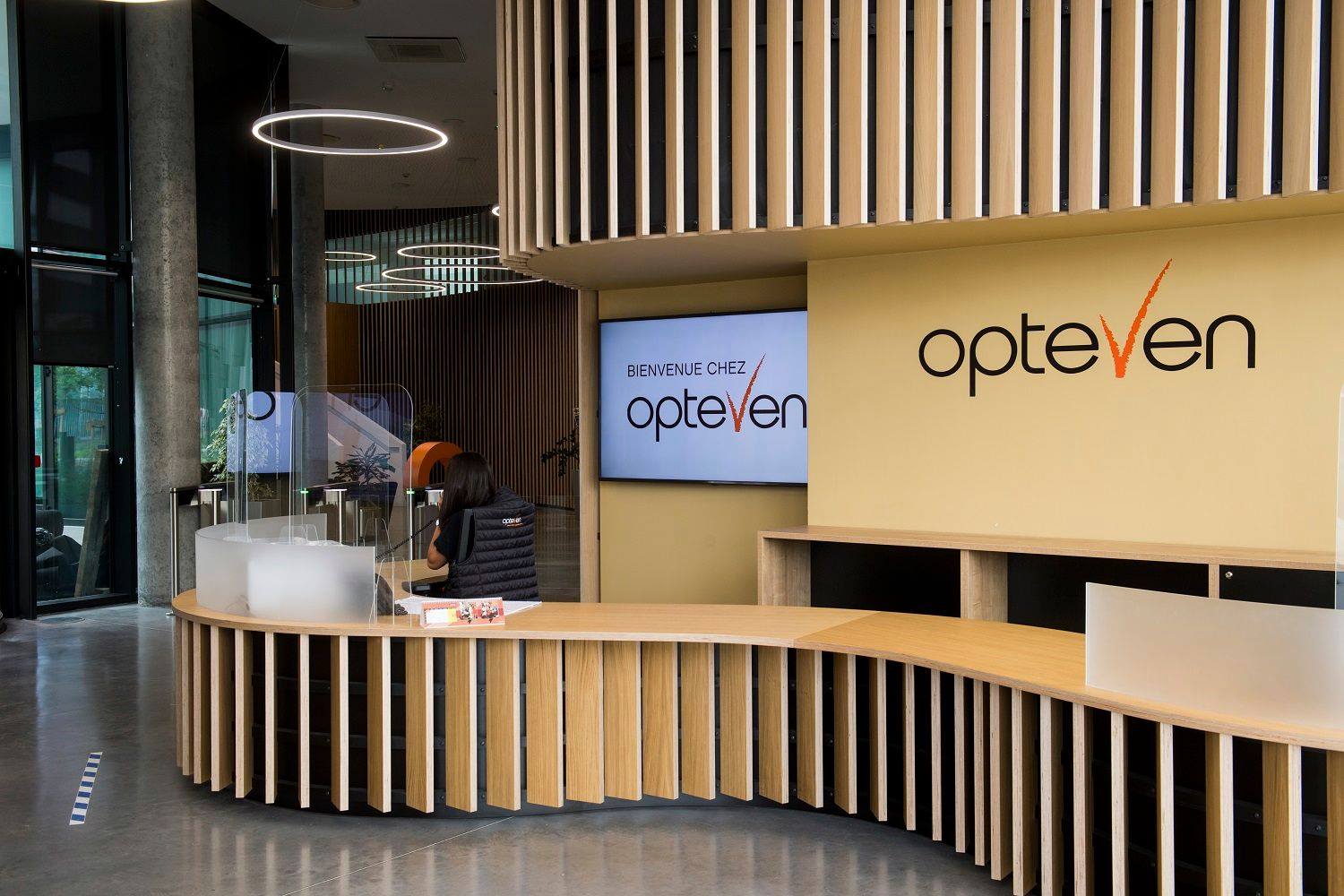This decision represents a further step towards sustainable motor insurance. On the one hand, it enables Opteven to reduce its underwriting costs on certain repairs, with a direct impact on the profitability of contracts under management. Secondly, it strengthens the company's alignment with regulatory requirements and growing market expectations in terms of environmental responsibility. According to initial internal estimates, the use of parts from the circular economy could account for up to 10% of the work covered in the short term - a proportion set to grow in the years ahead.
This includes removable bodywork (pillars, wings, bumpers) and mechanical and electronic parts.
This strategic shift also opens the way to new commercial levers. By positioning itself as a player committed to the ecological transition, Opteven is further differentiating itself in a highly competitive B2B market, particularly with fleet managers (who manage all a company's vehicles), rental companies and automakers, who are increasingly sensitive to the carbon footprint of associated services. This approach also helps build loyalty among partner repairers, while ensuring better cost control - an essential factor in a context of persistent inflation on new parts. Lastly, this initiative is part of a broader growth trajectory for Opteven, which continues to consolidate its position as Europe's leading independent repairer, having passed the 333 million euro sales milestone in 2024. The adoption of reusable parts is therefore part of a dual logic of operational performance and responsible innovation.
Opteven is a major player in the European mechanical breakdown and assistance market, with 1,100 employees in 5 countries. The group handled 3.6 million calls last year, illustrating the operational strength of its contact centers. The Lyon-based company also covers 3 million beneficiaries and 1.6 million vehicles.

.jpeg)








%20Canary.jpg)
